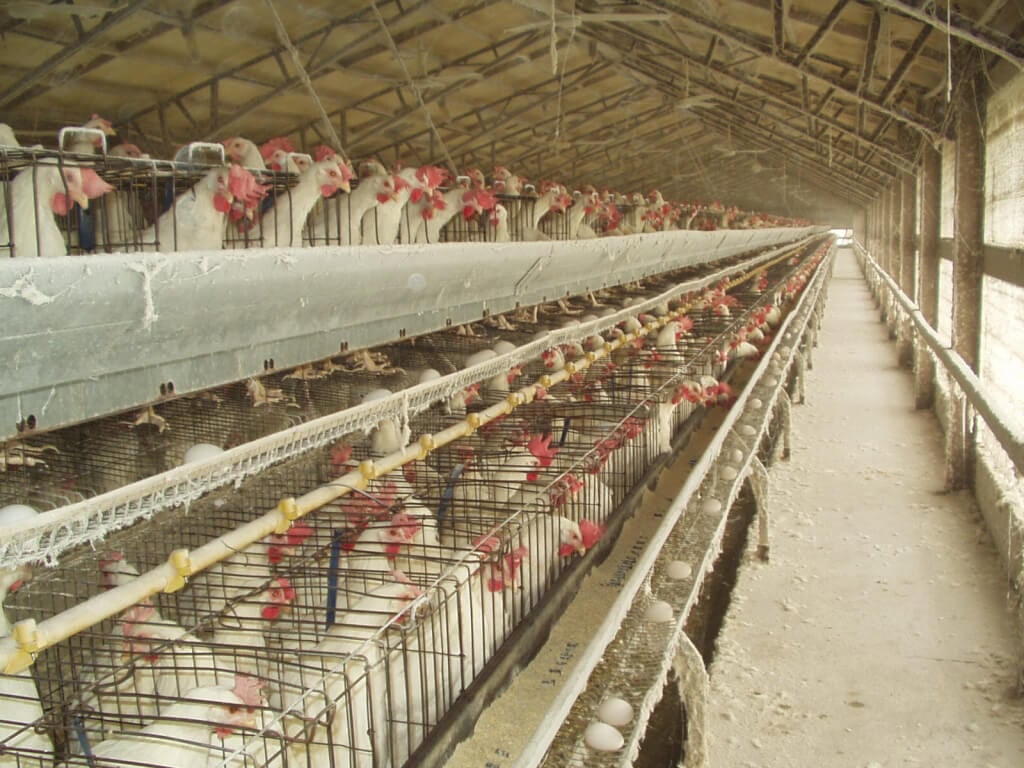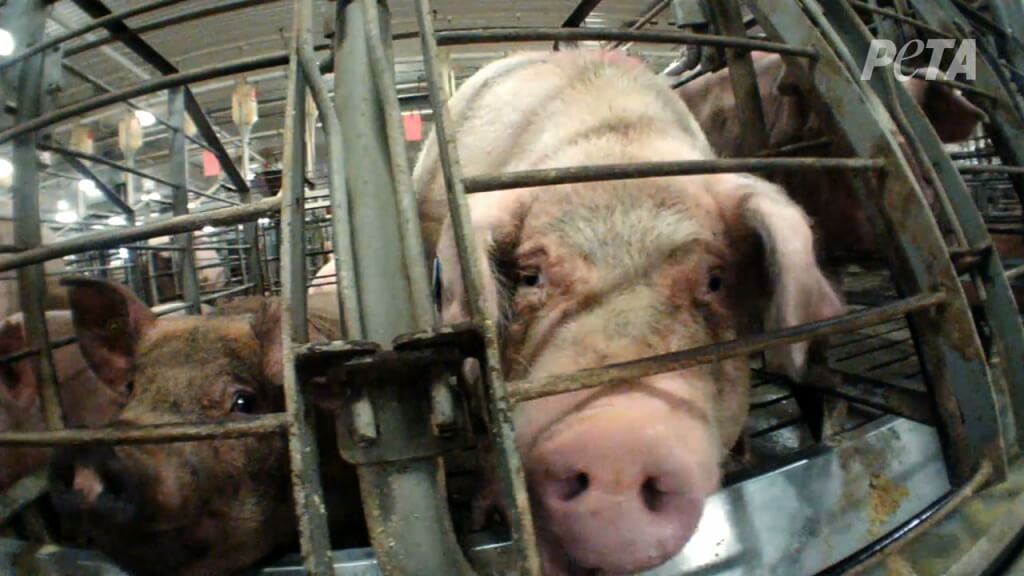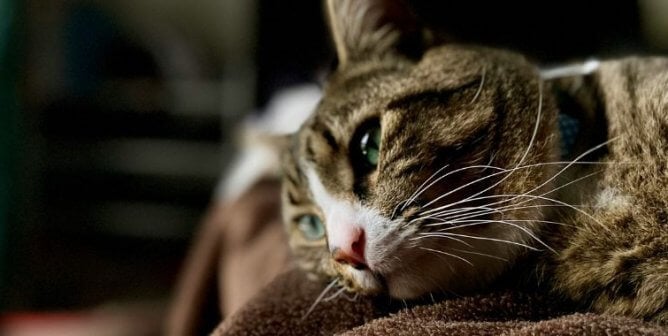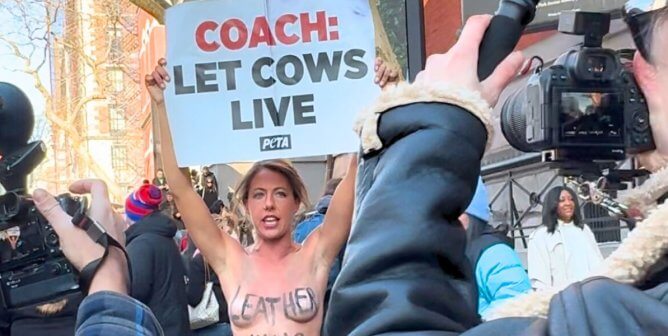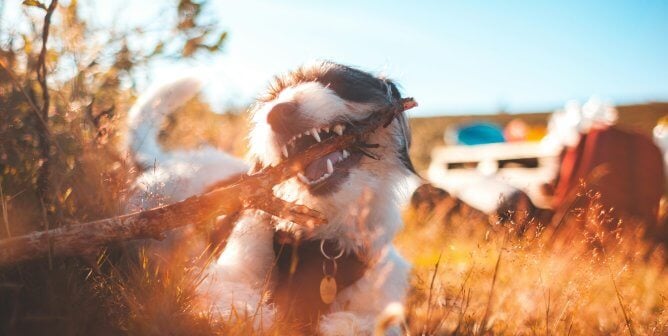These Animals Don’t Get Labor Day Off
As the summer comes to an end, millions of Americans will be celebrating a long Labor Day weekend. While many will be out grilling or sneaking in one last little vacation before fall arrives, countless animals will be doing anything but relaxing and having fun.

Whether they’re used for experimentation, food, clothing, or entertainment, billions of animals all over the world endure pain and abuse every single day of their lives.
If you’re lucky enough to have Labor Day off to unwind, spend a moment taking action for these animals who will be worked—some to death—regardless of the holiday:
1. Horses Forced to Pull Carriages
Horses who pull carriages on Labor Day will be forced to walk on hard pavement all day long. They will breathe in exhaust fumes and may not be given adequate food or water. At the end of a long day, they’ll be crammed into a tiny stall until they’re dragged out the next morning to start all over again.
2. Sheep Tormented for Their Wool
Sheep used for wool will be beaten, stomped on, and mutilated. Gut-churning PETA video exposés from all over the world reveal that life is hell for lambs and sheep exploited for their wool, even on “sustainable” farms. Sheep shearers in Australia punched animals in the face and beat them in the head with sharp metal clippers and even a hammer. An eyewitness saw workers in Argentina pick up gentle lambs and—while they were fully conscious—tie their legs together, plunge knives into their throats, and saw through their flesh. Sheep also suffer for wool in the U.S., where PETA has documented abuse at 14 ranches across Colorado, Nebraska, and Wyoming.
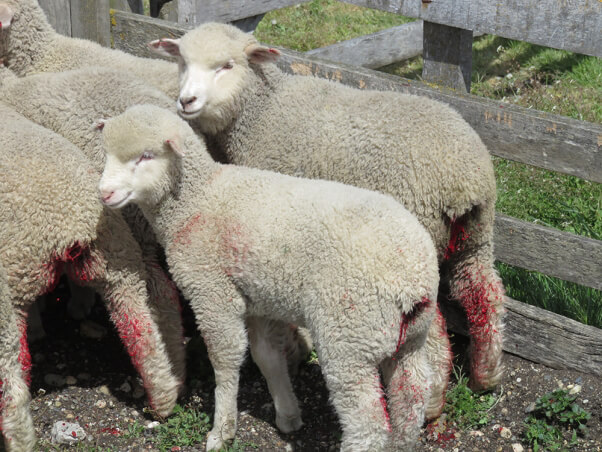
3. Orcas and Other Dolphins Held in Marine Parks
Orcas imprisoned at marine parks will perform meaningless tricks in front of crowds of screaming people in order to get food. They’ll swim in endless circles in a tank that is, to them, the equivalent of a bathtub. The reverberations from their sonar will bounce off the walls of the tanks, adding to their torment.
4. Egg-Laying Hens
Most hens used by the egg industry will spend their day inside wire “battery cages” about the size of a file drawer with up to nine other hens. Because they’re packed so closely together, they’ll have to urinate and defecate on each other.
Even when eggs are labeled “cage-free,” chickens are confined to crowded sheds or mud-filled pens. When they are given outdoor access, it’s often just a hole cut in a shed wall that leads to a muddy pen—and typically for only very short periods of time.
5. Animals Exploited for Entertainment
Circus trainers will haul animals around inside cramped travel crates and force them to perform confusing and likely painful tricks under the threat of punishment.
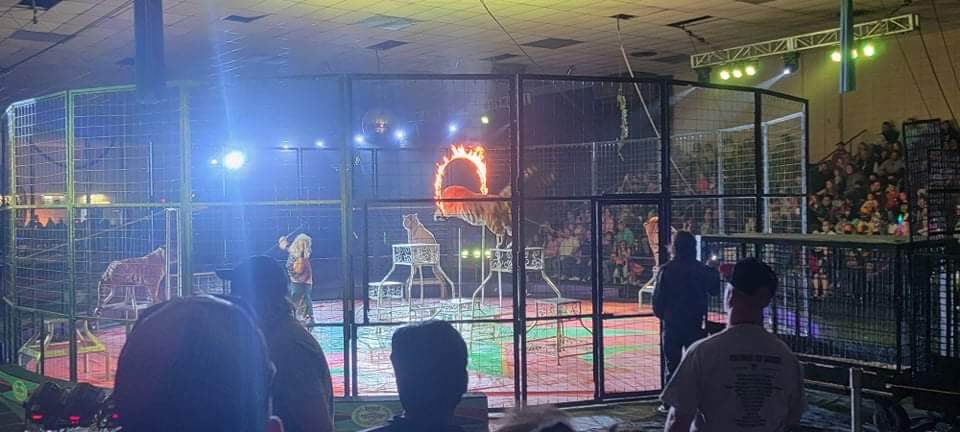
Tourist traps that offer elephant encounters will force the abused animals to perform confusing tricks and to let travelers ride on their backs. Crummy roadside zoos will confine big cats, bears, and other animals to small, filthy, barren enclosures for visitors to gawk at. Shady animal exhibitors will tear families apart and force infant animals into stressful photo ops with tourists.
6. Monkeys in Laboratories
Monkeys will languish in laboratories. Experimenters will torment and kill them in terrifying, invasive, and painful experiments. While it’s well known that our fellow primates are sensitive, intelligent beings who have many of the same emotions and needs as humans, they are biologically very different, and studies on them overwhelmingly fail to lead to treatments for human disease.
Every year, the national primate research centers receive tens of millions of taxpayer dollars to subject monkeys to cruel experiments. Experimenters pry baby monkeys away from their mothers, electroshock primates’ penises, and infect them with deadly viruses, among other horrors.
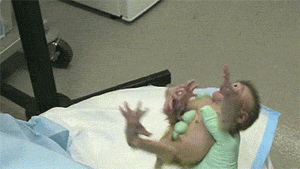
7. Cows on Dairy Farms
Cows on dairy farms will be hooked up to milking machines. They may be suffering from a painful udder inflammation called “mastitis,” which is common among cows raised for their milk, and it is one of dairy farms’ most frequently cited reasons for sending cows to slaughter. They may also be lame from being intensely confined and forced to stand amid their own waste.
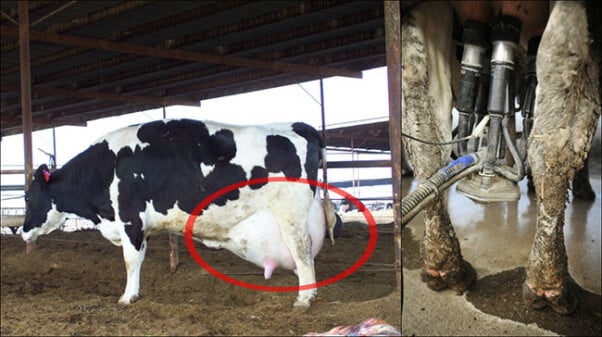
8. Geese Killed for Down
Geese will suffer from bloody, gaping wounds after workers rip the feathers out of their sensitive skin. As PETA entities have exposed several times, workers in the down industry hang birds, who desperately try to escape, upside down from shackles. The birds will then be dragged through an electrified water bath, leaving them paralyzed but still conscious. Workers will stab them in the neck, causing them to bleed out. Whether or not “live-plucking” is used to obtain down, the down industry cruelly kills birds for their feathers and flesh.
Even at deceptively labeled “Responsible Down Standard” facilities, PETA entities have seen egregious cruelty to birds exploited for down. One PETA Asia investigation revealed that a worker stretched the necks of geese across a stump and repeatedly hacked at the shrieking, struggling birds with a dull axe.
9. Pigs in Gestation Crates
Most mother pigs in the U.S. spend their entire adult lives confined to cramped metal crates—and that won’t change on Labor Day. They never feel the affectionate nuzzle of a mate and are denied the opportunity to build a cozy, comfortable nest. Instead, they’re surrounded by cold metal bars and forced to lie on wet, feces-covered floors.
This intensive confinement, loneliness, and deprivation often causes mother pigs to go insane, which is manifested in repetitive behavior such as neurotically chewing on cage bars or compulsively pressing on their water bottles. After three or four years, their bodies are exhausted (even though the pigs are still quite young), and they’re shipped off to slaughter.
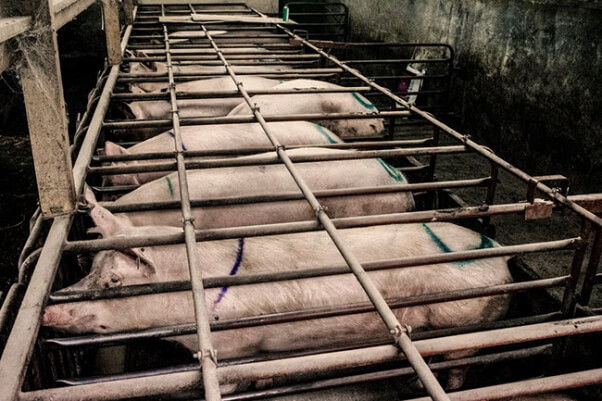
10. Dogs Bred for the ‘Pet’ Trade
Some female dogs will likely spend their Labor Day either inside a crude, filthy cage or chained to a tree. They’ll suffer from painful medical conditions, such as ear infections, mange, and abscessed feet, for which they’ll won’t receive any veterinary care. They will either be pregnant with or nursing yet another litter of puppies, who will be taken away from them and sold.
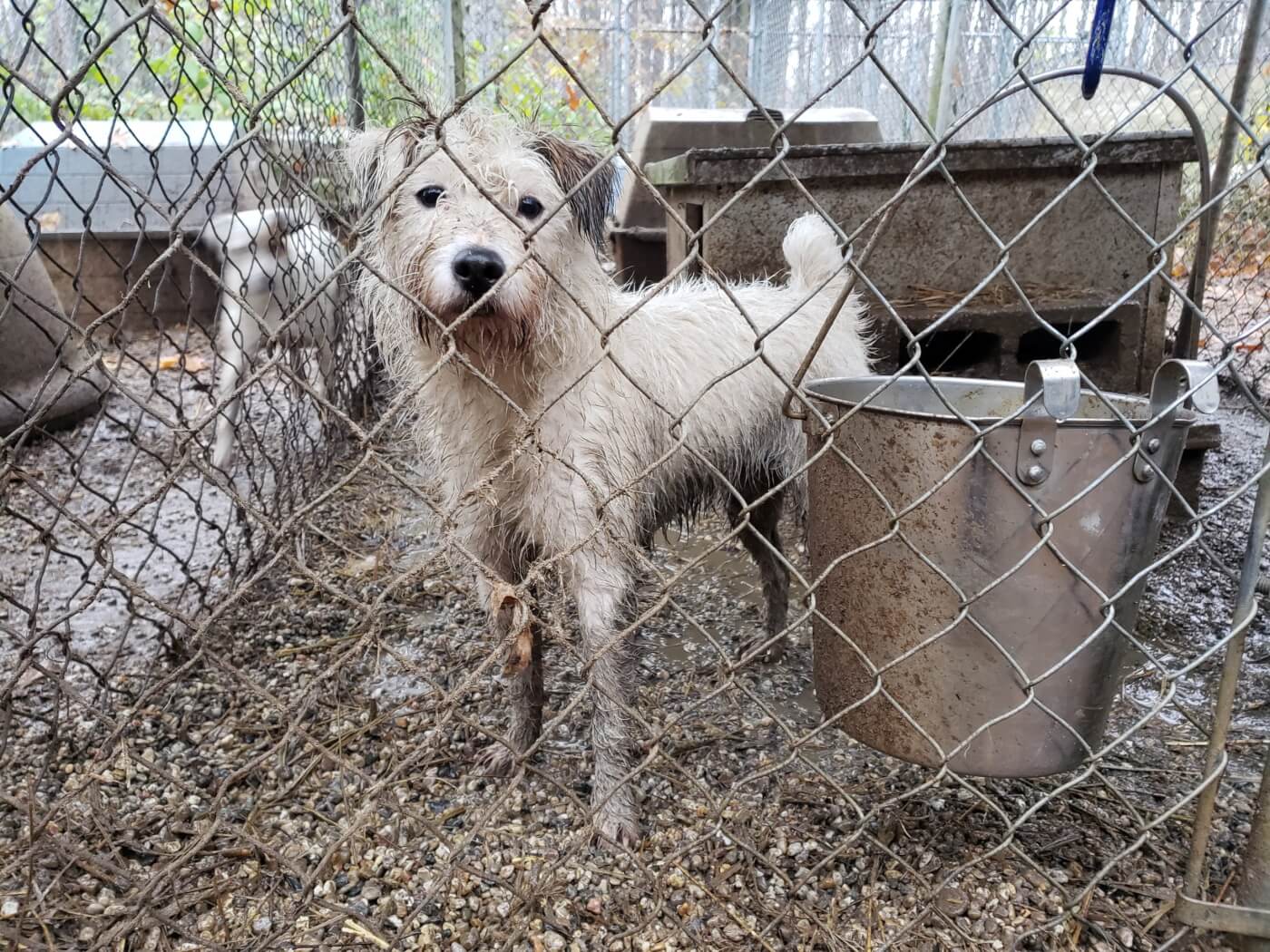
More Ways to Help Animals This Labor Day
You can help the animals listed above and all others by not supporting the industries that abuse, exploit, and kill them. Start saving animals right now by taking our 3-Week Vegan Challenge, checking out our handy How to Wear Vegan guide, and browsing our Global Beauty Without Bunnies database of cruelty-free companies. And be sure to share this page with everyone you know!

